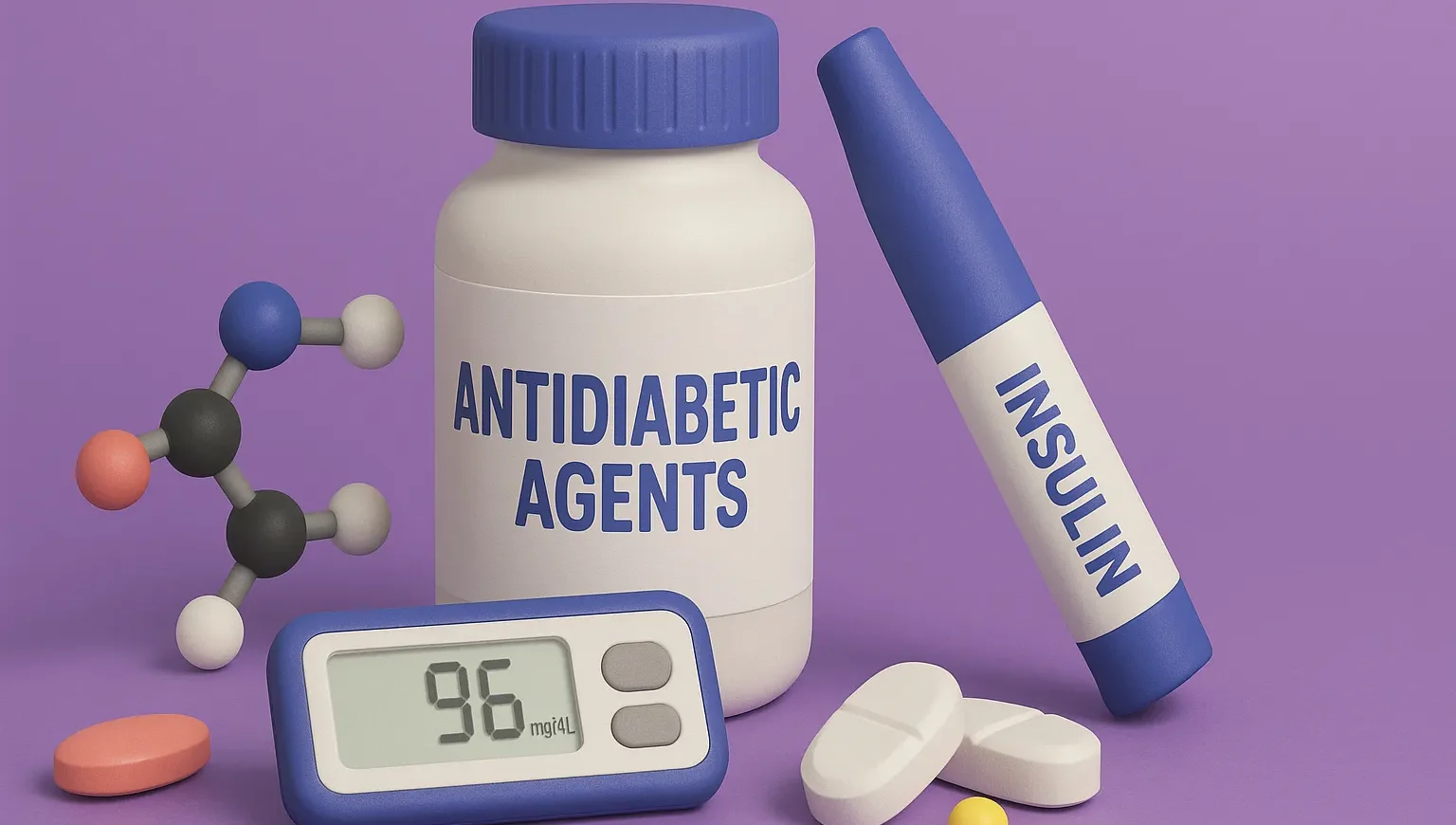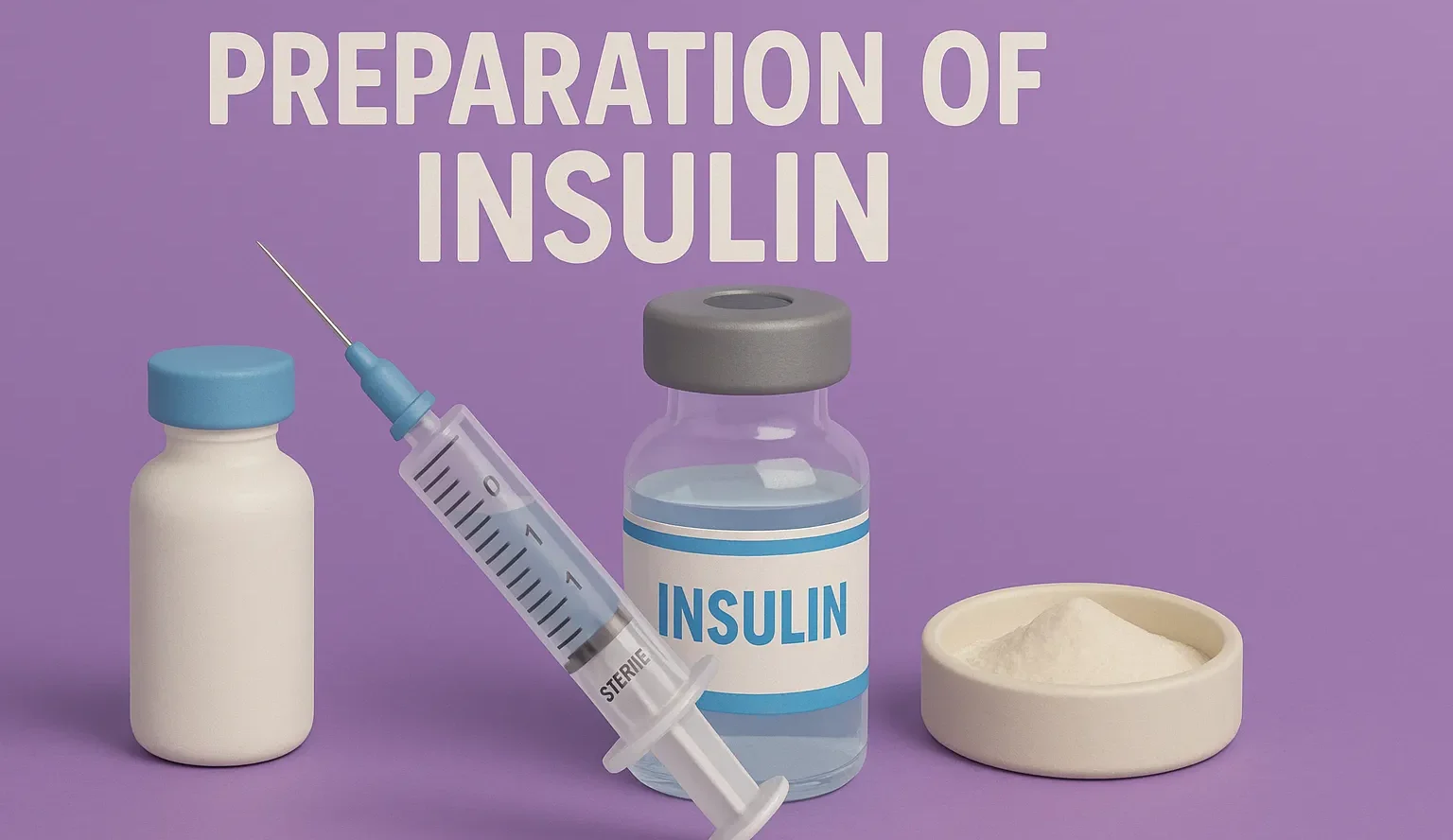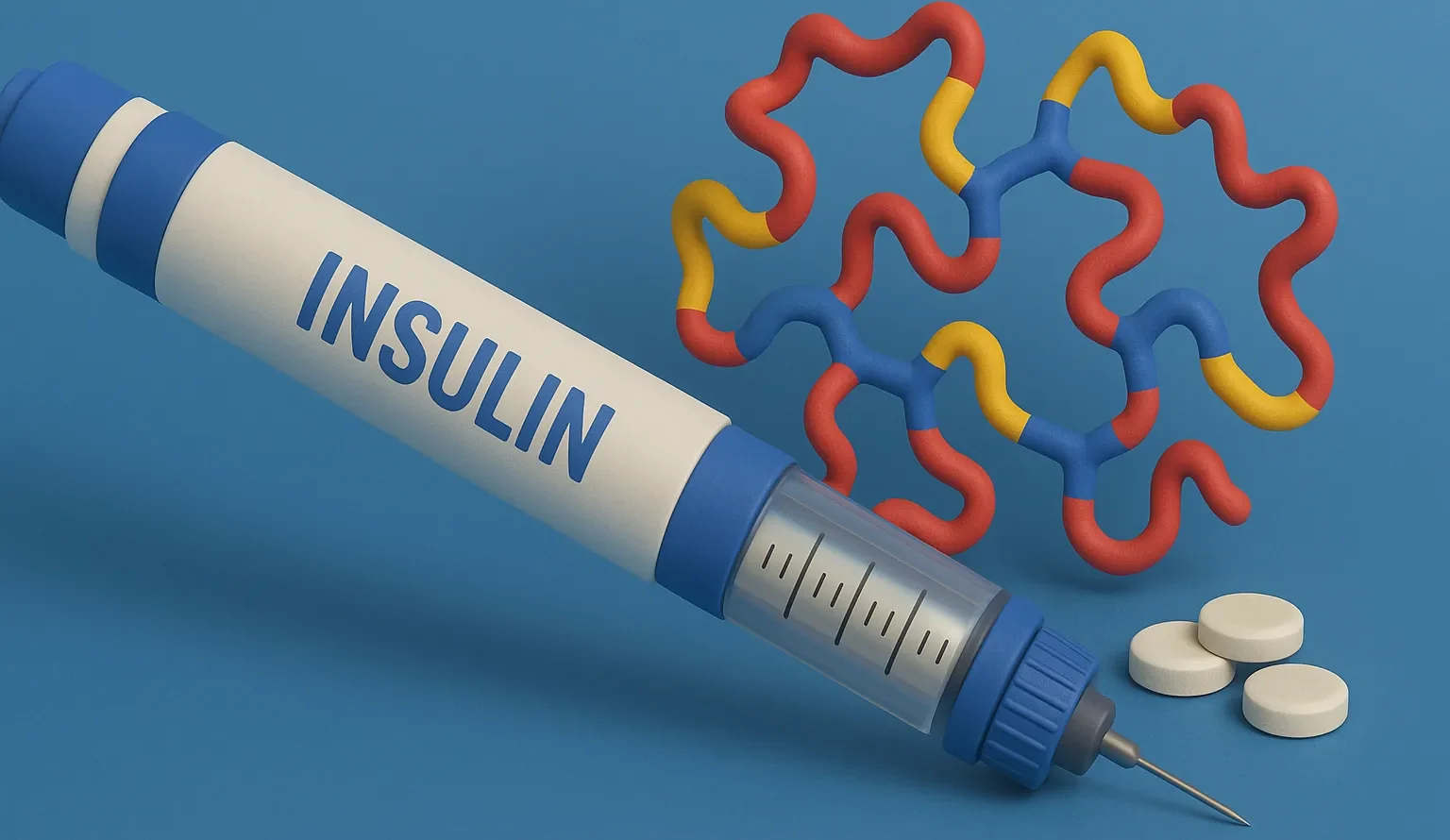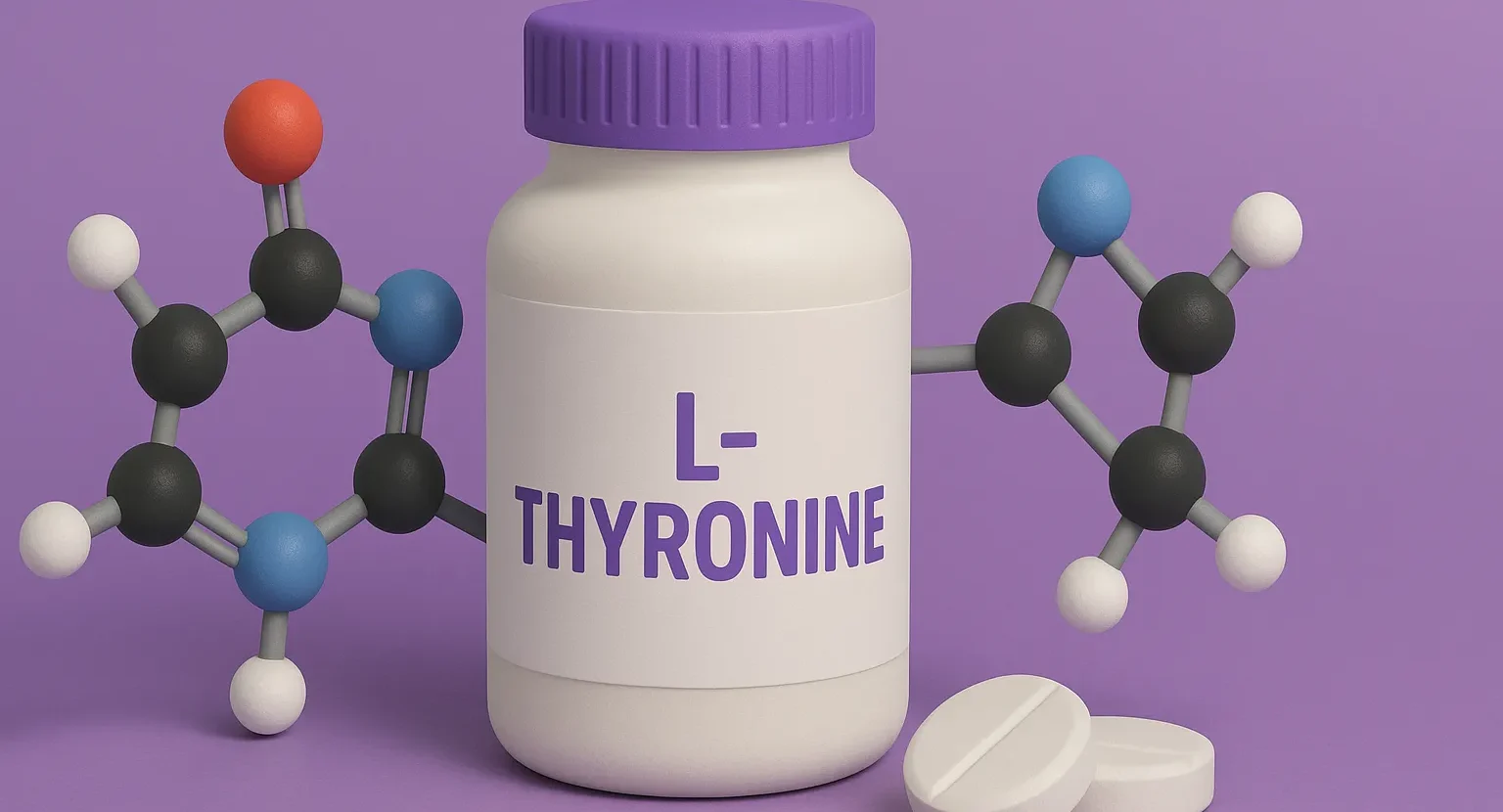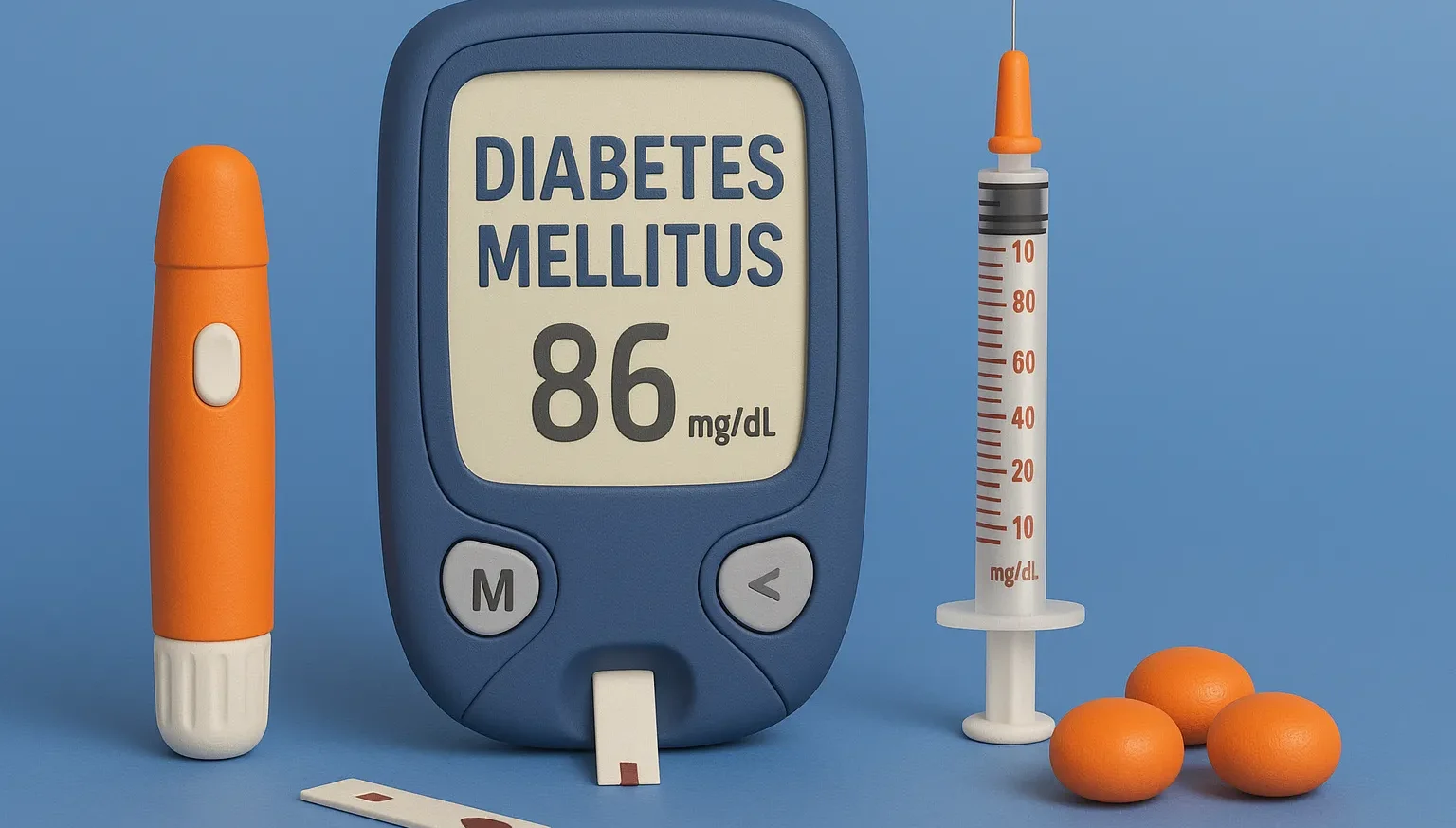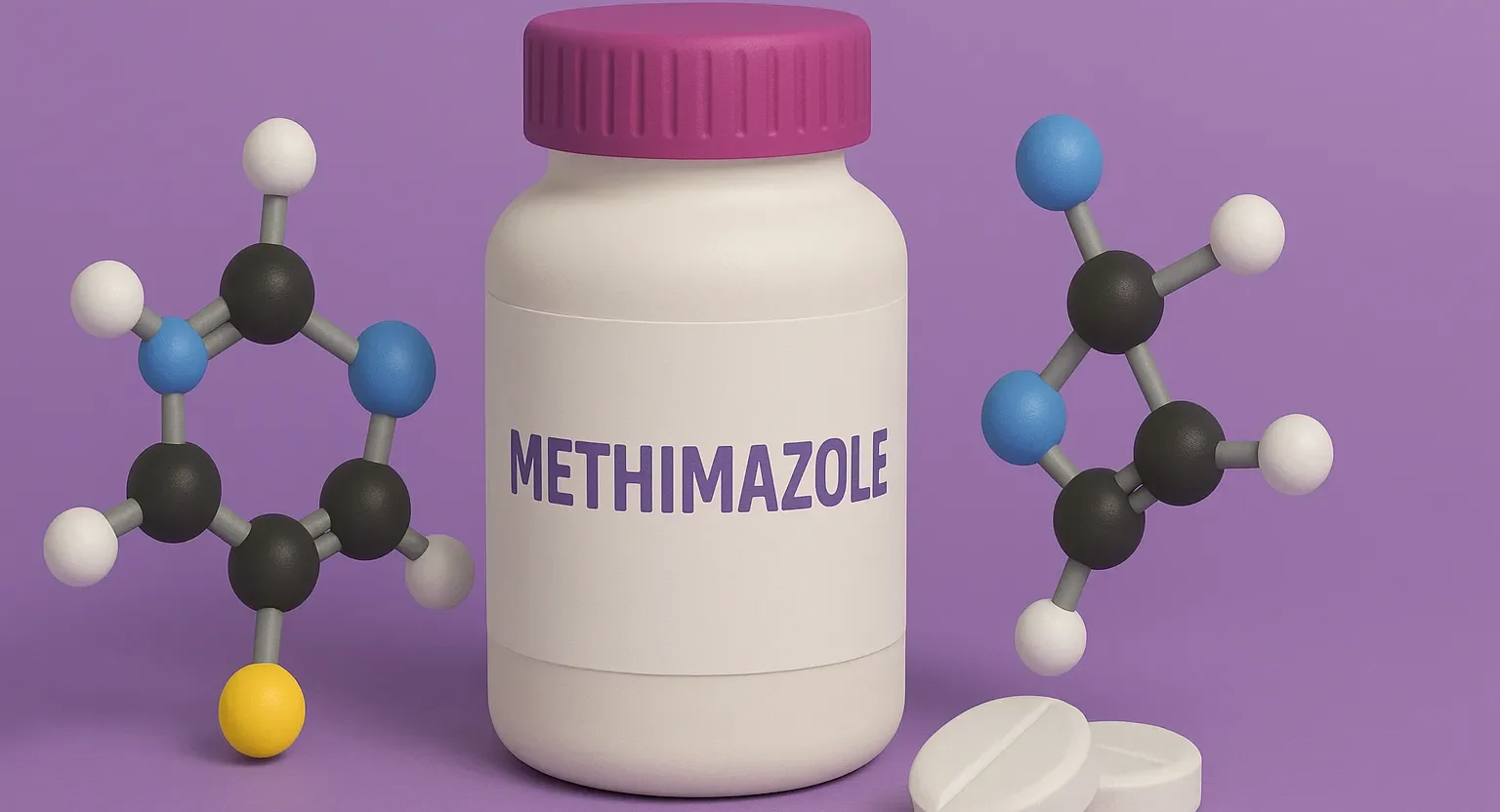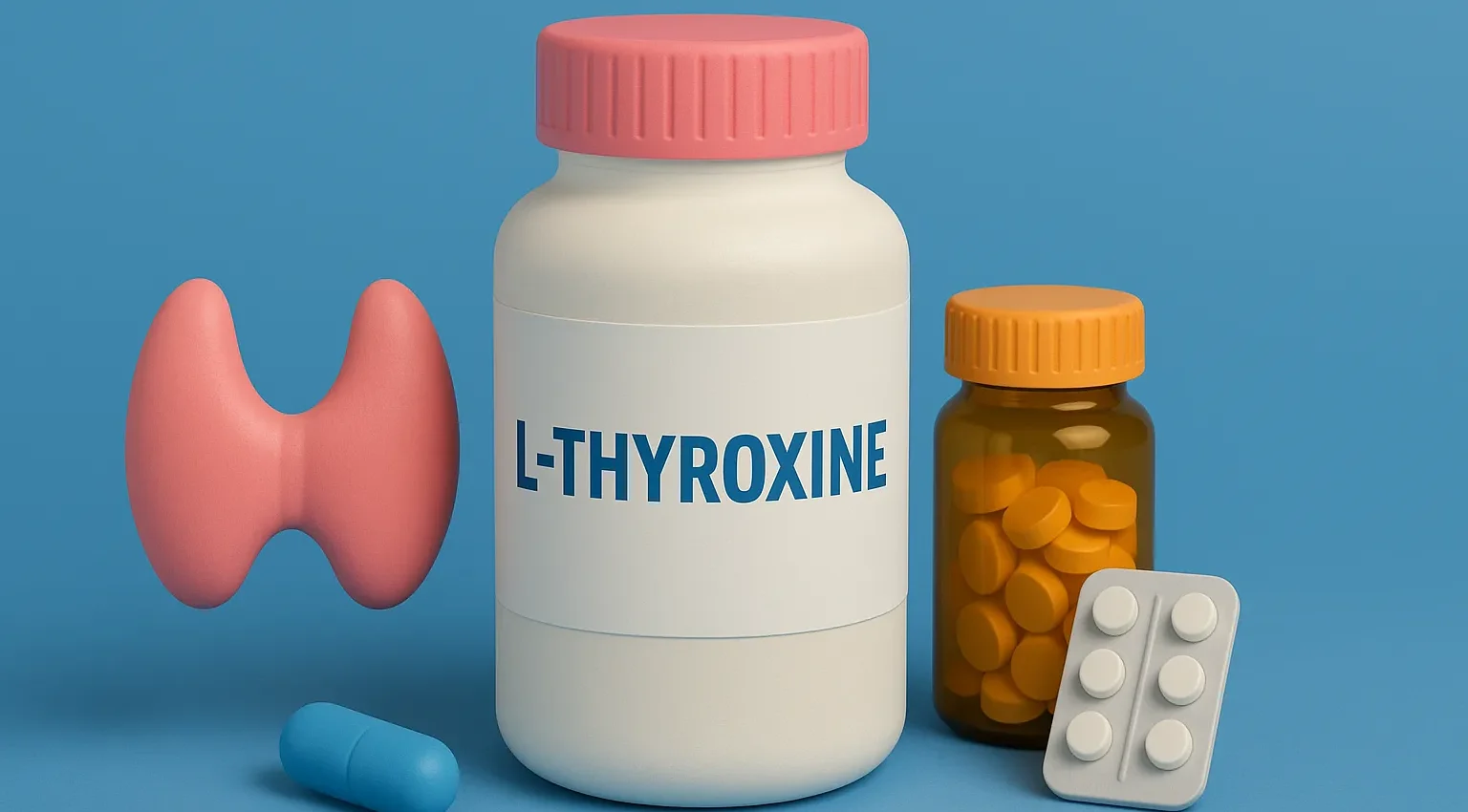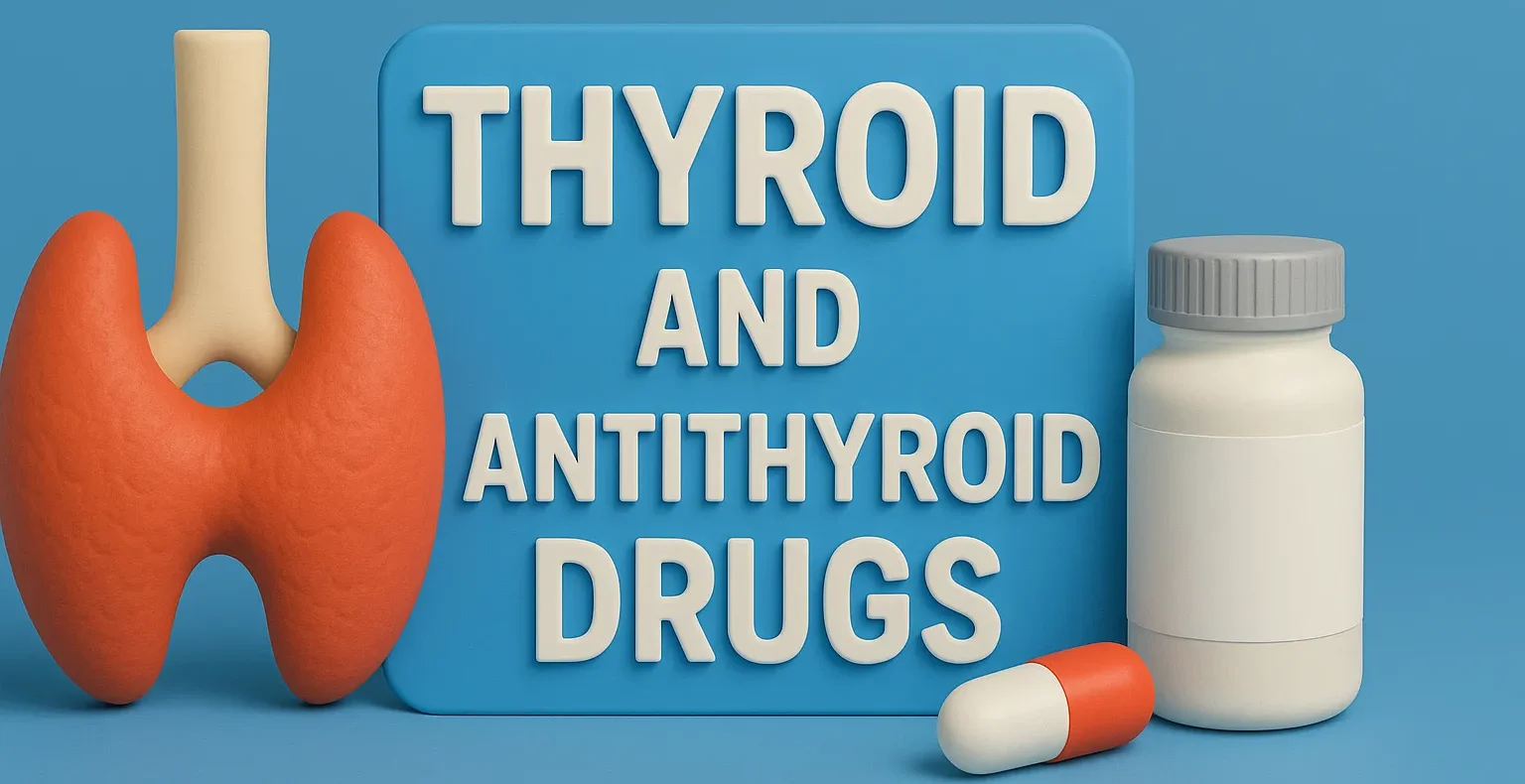Antidiabetic agents
Antidiabetic agents are medications used to manage blood glucose levels in individuals with diabetes mellitus. These agents work through various mechanisms to enhance insulin action, increase insulin secretion, reduce hepatic glucose production, or decrease glucose absorption from the gastrointestinal tract. Proper classification of antidiabetic agents is essential for selecting appropriate therapy based on the patient’s … Read more

